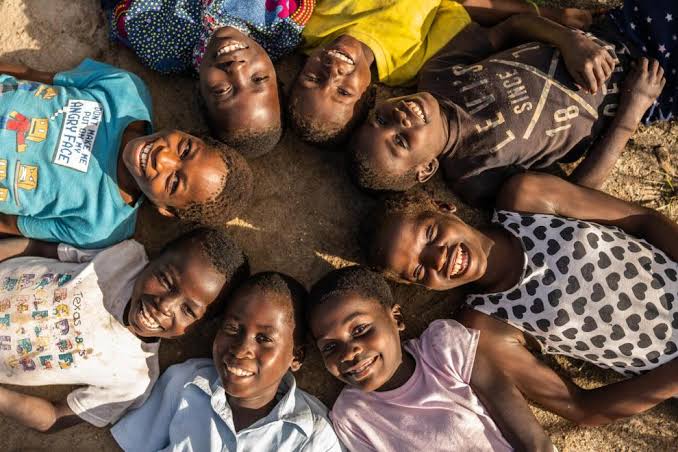Precious Oham
The United Nations Children’s Fund, UNICEF, has expressed concerns over the increasing number of Nigerian children displaced due to environmental disasters and severe challenges to climate change.
UNICEF Communications Officer in Nigeria, Safiya Akau in a statement, disclosed that 650,000 Nigerian children were displaced from 2016 to 2021 due to floods.
Akau noted that Nigeria celebrated the World Children’s Day with a Nationwide Celebration of Child’s Rights and Climate Change Awareness in various regions including Abuja, Kano, Lagos, Enugu, Sokoto and Maiduguri.
According to the Director General, National Council on Climate Change, Dr. Salisu Dahiru; “As one of the countries that suffers the greatest exposure to adverse climate impacts, Nigeria’s response to climate change must be swift and holistic, accounting for the needs of vulnerable people, including children and women, at the decision-making level, as well as in the implementation of the National Climate Change Action Plan.”
Cristian Munduate, UNICEF Representative in Nigeria, said: “This celebration is a crucial platform for our children, the most affected by climate change, to voice their concerns and experiences. Their input is essential in shaping our collective path towards a sustainable and resilient future.”
The celebration also highlighted collaboration efforts between the Government, development partners, civil society organizations, and the private sector, focusing on advocacy, partnerships, and climate education.
The statement read: “Children account for 51 per cent of the 223 million people in Nigeria and are disproportionately affected by climate change. They are also often the first and most severely impacted by climate shocks due to children’s. Dependence on others: Children are non-self-sufficient and unable to make their own decisions. Physiology: Children are more susceptible to disease and malnutrition.
“Exposure: Children are more likely to be exposed to diseases. Life stage requirements: Children need to be in school during the day, study at home at night and eat nutritious food. When the combination of drought, flooding, desertification, poverty and sociocultural factors are added in – which are all increasing and often lead to migration, conflict and displacement – children’s safety and access to water, health, education, food security and well-being are severely impeded.
“This Climate Landscape Analysis for Children in Nigeria highlights key climate risks to children and provides an overview of the multi-sectoral climate mitigation and adaptation actions that UNICEF intends to implement in Nigeria from 2023–2027.”

